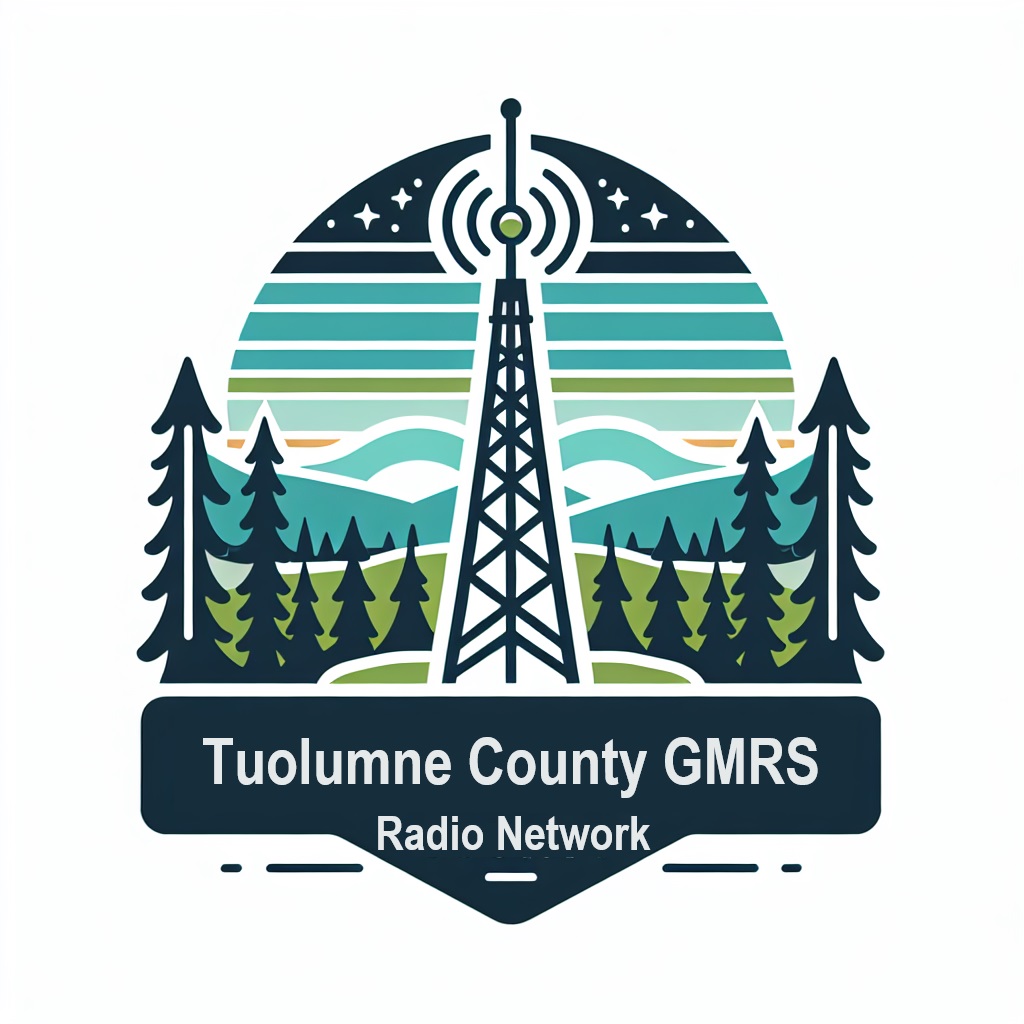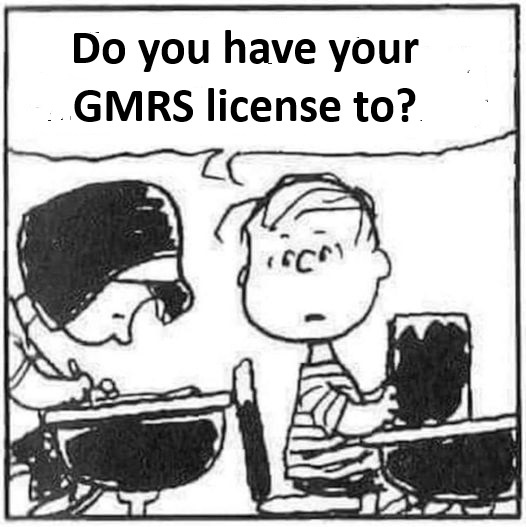One GMRS License covers your immediate family for 10 years.
- “Immediate family” includes: Licensee’s spouse, children, grandchildren, stepchildren, parents, grandparents, stepparents, brothers, sisters, aunts, uncles, nieces, nephews and in-laws! (you can use “your name”, “James”, “Linda”, etc. to identify multiple stations).
All the rules and regulations set out by the FCC for operating a GMRS radio can be found in Title 47, Part 95, Subpart E of the Code of Federal Regulations.
Step by step instructions t get your GMRS license.
A few rules to briefly mention are:
- If an authorized FCC representative requests to inspect a GMRS station, the operator must make the station and any station records available for inspection.
- GMRS stations must not communicate:
- Messages in connection with any activity which is against Federal, State, or local law.
- False or deceptive messages�
- Coded messages or messages with hidden meanings (“10 codes” are permissible I.e. “10-4” means “OK”)
- Music, whistling, sound effects or material to amuse or entertain�
- Advertisements or offers for the sale of goods or services�
- Advertisements for a political candidate or political campaign (messages about the campaign business may be communicated)�
- International distress signals, such as the word “Mayday” (except when on a ship, aircraft or other vehicle in immediate danger to ask for help)
- Messages which are both conveyed by a wireline control link and transmitted by a GMRS station
- Messages (except emergency messages) to any station in the Amateur Radio Service, to any unauthorized station, or to any foreign station
- Continuous or uninterrupted transmissions, except for communications involving the immediate safety of life or property
- Messages for public address systems
- Each GMRS station must be identified by transmission of its FCC-assigned call sign at the end of transmissions and at periodic intervals (every 15 min) during transmissions.


